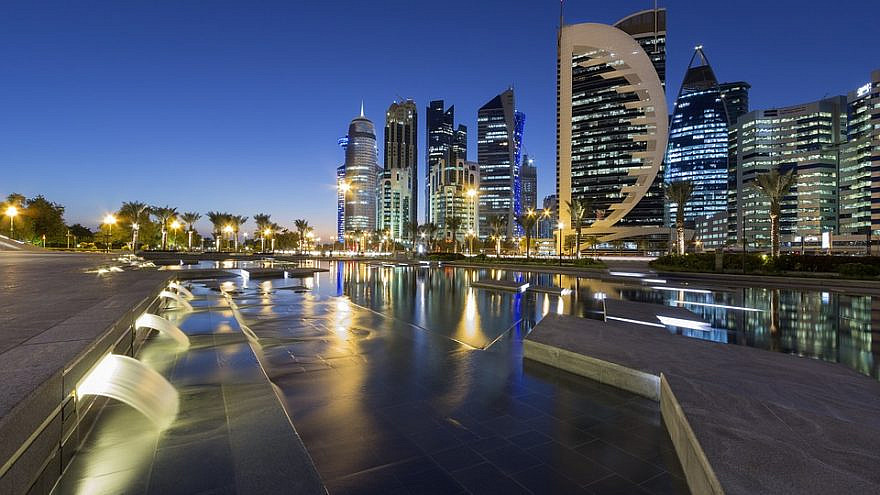The Gulf states have reached an agreement to end the three-year-old boycott of Qatar, announced Kuwait’s foreign minister on Monday.
White House senior adviser and presidential son-in-law Jared Kushner helped negotiate the settlement, a senior U.S. official told Reuters.
An agreement to formally end the dispute is scheduled to be signed in Saudi Arabia on Tuesday, with Kushner and other Trump administration officials expected to be at the ceremony.
As of Jan. 4, Saudi Arabia will reopen its airspace, and land and sea border, to Qatar. The United Arab Emirates, Bahrain and Egypt will lift the embargo on Qatar, while Qatar will abandon all lawsuits pertaining to the blockade, which the Gulf states enacted over its support for terrorism.
U.S. Special Representative for Iran and Venezuela Elliott Abrams told JNS in December about the significance of the blockade as it relates to the Iranian threat, saying “no one has benefited from the rift in the Gulf Cooperation Council (GCC) except Iran.”
For example, he noted that “if Qatari planes cannot overfly Saudi Arabia and instead have to overfly Iran on international flights, every single one of those brings a big fee to Iran, and we know what they do with any revenue they have,” he continued. “A good decent amount goes to their military and then to the IRGC [Islamic Revolutionary Guard Corps].”
Ending that rift, he said “would be a desirable thing. We would like to see more unity among the GCC countries, recognizing and pushing back against any forms of Iranian conduct.”


























